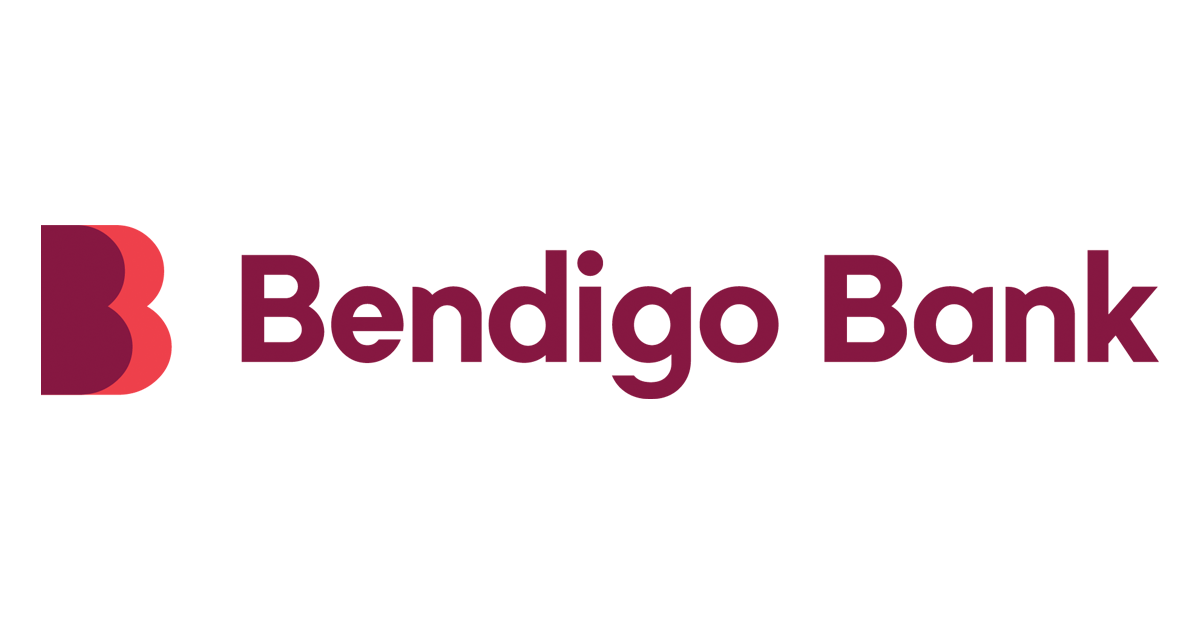If you’ve ever been rejected for a home loan, or even fear applying for one due to your poor credit history, you're not alone. Hundreds of thousands of Australians each year are at high risk of credit defaults. However, the good news is that a bad credit score shouldn’t prevent you from being approved for a home loan if you go about your application the right way. Here Savvy takes a detailed look at home loans for bad credit and helps you compare lenders who like to say ‘yes’ when others have said ‘no.'
What are bad credit home loans?
Bad credit home loans are home loans approved for borrowers who have a poor credit rating or no credit history at all. They’re provided by online lenders who specialise in lending to customers who other banks reject. There are many reasons why you may have ended up with a bad credit score, such as paying your bills late or defaulting on a loan.
In Australia, such loans are commonly referred to either as bad credit home loans, sub-prime loans or non-conforming loans. The term ‘non-conforming’ also applies to people who have just arrived in Australia and don’t have a credit history. Not all non-conforming loans fall into the bad credit category; these terms can also refer to self-employed people who don’t have the required two years of tax returns or to others who don’t fit within standard credit measurements for any other reason.
These mortgages are only offered by online lenders specialising in bad credit borrowers, rather than banks and big lenders who offer standard home loans. They look at loan applications differently from the way that big banks do, assessing loan applications on an individual basis and looking at the person behind the numbers, rather than applying strict across-the-board lending criteria which may trip up many potential borrowers.
How do I get approved for a bad credit home loan?
If your credit score isn’t looking too healthy but you want to buy a home, you have three options: either wait until black marks on your credit history have lapsed, take steps to improve your credit score, or apply to a lender who specialises in bad credit home loans. Defaults and other negative credit behaviour remain on your credit file for five years, after which time they will expire and be removed. Lenders will look far more favourably at a loan application if defaults (unpaid bills) have been paid or resolved.
If you do decide to apply to a lender specialising in bad credit home loans, the application process will be similar to applying to any other home loan lender. You’ll need to provide details to prove your ID, plus proof of your income, your outgoings, your assets and your liabilities. Online application processes are usually quite simple and very user-friendly and can often be completed in under 30 minutes.
Will I have to pay a higher interest rate if I have a low credit score?
Yes – bad credit home loan specialists are prepared to take on a higher risk by approving loans to people with a lower-than-average credit score. Therefore, they do need to charge a higher interest rate to cover their increased risk. The lowest interest rates in Australia are offered to those borrowers who have the highest credit rating, or to those who can offer a large deposit or substantial home equity from a guarantor as security for their loan.
Types of home loans
Why apply for a home loan with Savvy
Help throughout the process
You'll be matched with an experienced mortgage broker who'll handle all the hard work for you from start to finish.
Trusted lenders
With a panel of reputable mortgage lenders, you can rest assured you'll be comparing high-quality options with your broker.
Paperless quote process
You can fill out a simple online quote via our form without having to worry about sorting through heaps of paperwork.
Top tips for home loan approval with bad credit
-
Demonstrate you can save
Lenders will want to see a record of your savings history, so you can prove that you genuinely have a history of being able to save additional money towards your home loan. It’ll look better on your loan application if you have a separate savings account that you’ve contributed to regularly, so a potential lender can see that you’re able to save money with your current financial commitments.
-
Gather all your documents and make sure they're in order
Make sure you submit a high-quality application by making sure all your documents are clear, the utility accounts are in your name only, and you provide all the documentation that your lender requests. Missing or incorrect documents will just delay your home loan application and will reduce your chances of application success. A home loan application that doesn’t need any further follow-up and meets all the stated lending criteria stands a far higher chance of being approved than one which has documents missing or in the wrong name.
-
Get your credit report and check for inaccuracies
Everyone in Australia is entitled to see a copy of their credit report once every three months. It’s well worth going online to the three major credit reporting companies in Australia and asking for a copy of your credit report so you can check the information held under your name is accurate. If you do find incorrect information, you should contact the credit reporting company and ask for your record to be corrected. You may have to provide proof that the disputed details are incorrect.
-
Take steps to improve your credit score
Once you have a copy of your credit report, you’ll know what your credit score is. You can work to improve your score by paying off all your credit cards in full and reducing your credit limits (as they reduce the amount you’re able to borrow). Close any store lines of credit you may have such as ‘buy now pay later’ arrangements which you don’t need, as well as betting accounts. Pay off any personal or car loans you may have if you want to see an immediate improvement in your credit score.




























